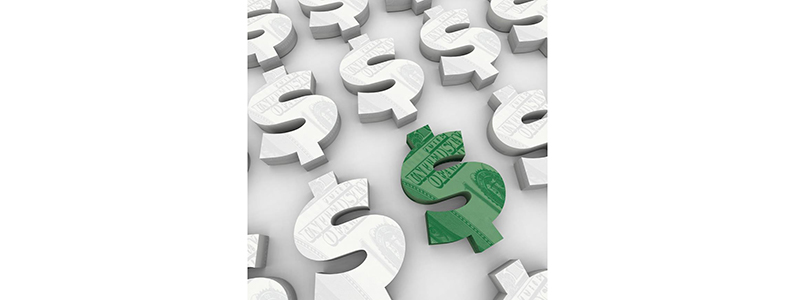While every piece on the chess board has a value, depending on the details of any individual game, the relative value of each piece is different.
Ever play a game when you exchanged a pawn for a rook and not the traditional queen?
Similarly, the relative value of currencies is in constant flux, tempting investors to choose one particular currency over another. What does it mean when one currency strengthens against another?
How can you profit from a strong American dollar?
The answer to that depends on your time frame, whether you are looking to gain in the short- or long-term.
In the short-term:
- Vacation outside of America, as your dollar will stretch further there. Think of a nicer hotel room for the same price as you usually spend.
- Buy non-U.S. securities because your strong U.S. dollars allow you to purchase more shares of non-dollar-denominated positions than before.
- Invest in American companies that focus on the United States. Avoid exporters as they generally get hurt by strong dollars. Small and mid-size companies tend to be more domestically focused than larger companies. (Consider this an opportunity to review your portfolio’s diversification model…)
- Buy real estate – the low interest rates created by a strong dollar lead to favorable mortgage terms.
- If you owe money in another currency, use your dollars to pay it off now. The strong dollars you have make it easier to pay off loans in other currencies.
In the long-term:
- Consider non-American investments since a strong USD can eventually translate into slower growth for the American economy. As an extra boon, your dollar can buy more foreign shares at a “lower” price.
- Consider currency trading if your risk tolerance allows: invest in foreign currencies and hold them until the USD weakens and you can make a profit when converting back to USD
- Avoid investing in countries that have a high level of USD denominated debt. Remember, some say the strong American dollar was one factor in Argentina defaulting on its debt in 2014.
The bottom line:
Since no one can predict how the economy will turn, focus on the strengths/weakness of a particular investment rather than on the currency in which it is denominated.
Read this to learn more about the difference between absolute and relative value.




